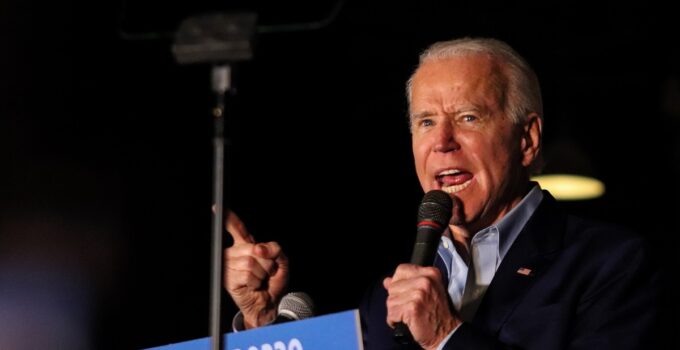The Biden administration has initiated an investigation into “smart” or “connected” cars imported from China, driven by concerns over national security risks associated with their ability to collect and transmit sensitive data. This move aims to prevent potential espionage and cyber risks by introducing new regulations or restrictions on technology used in vehicles from China and other countries considered threats.
Start of Investigation

Image Credit: Shutterstock / PanuShot
The Biden administration has opened an investigation focusing specifically on “smart” or “connected” cars in an attempt to trace the roots and potential dangers of a massive influx of Chinese vehicle imports.
Cause for Concern

Image Credit: Shutterstock / sungsu han
The investigation has started due to concerns that such vehicles could pose national security risks, given that they have capabilities to collect and transmit large amounts of sensitive data about the driver and passengers, as well as U.S. infrastructure.
National Security

Image Credit: Shutterstock / RossHelen
The cars have been referred to as “smartphones on wheels,” and, like regular smartphones, these cars could be given over to foreign adversaries.
Serious Risk

Image Credit: Shutterstock / fizkes
If this information were then spread to other countries, these countries would not only have the ability to vehicles to collect personal and biometric details but also remotely control the cars or cause their disablement, leading to severe espionage and cyber risks.
Presidential Action
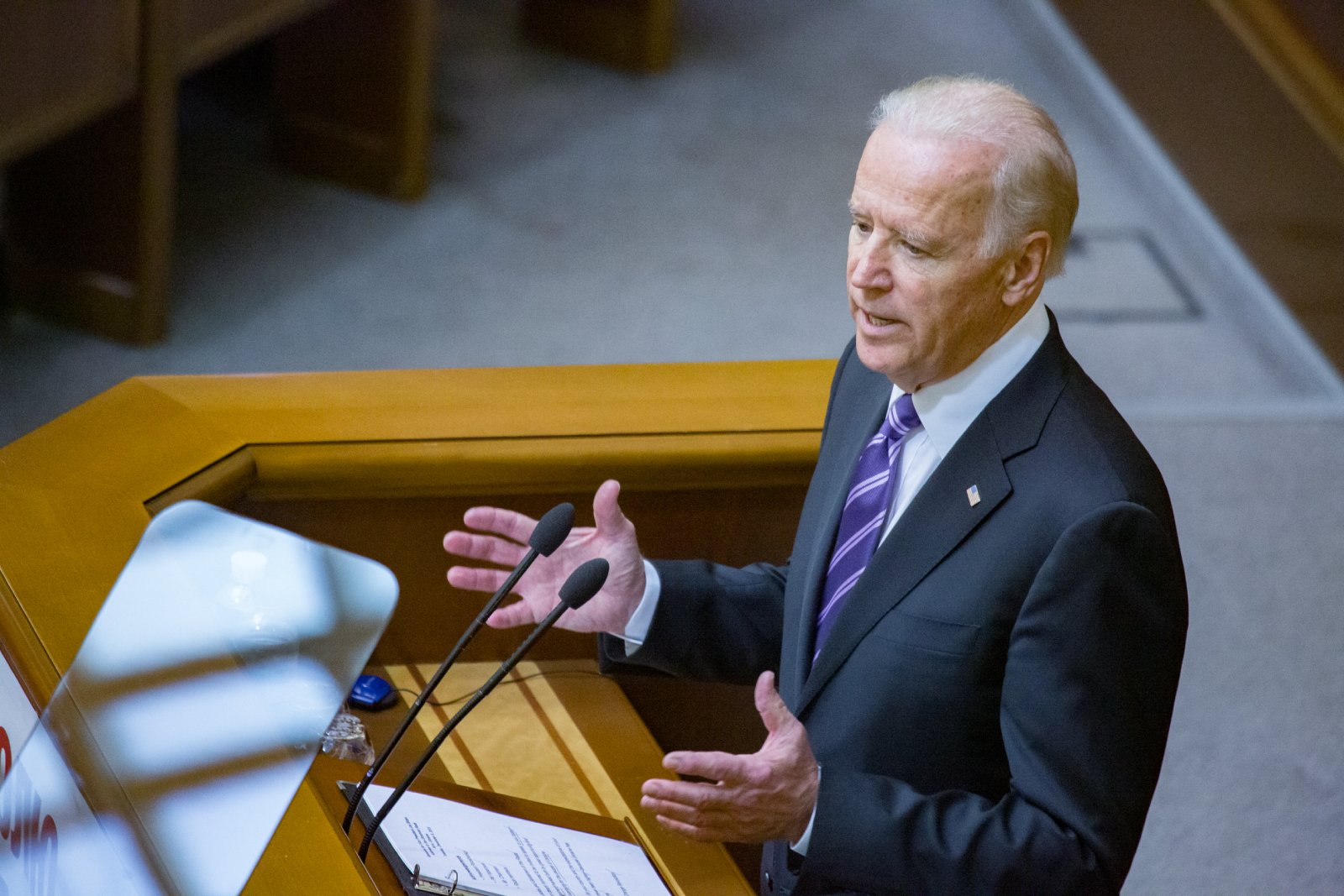
Image Credit: Shutterstock / Sodel Vladyslav
President Joe Biden has ordered these actions in unprecedented terms to ensure that the means of transportation from “countries of concern,” in this case, China, is not going to subvert U.S. security.
China is Determined
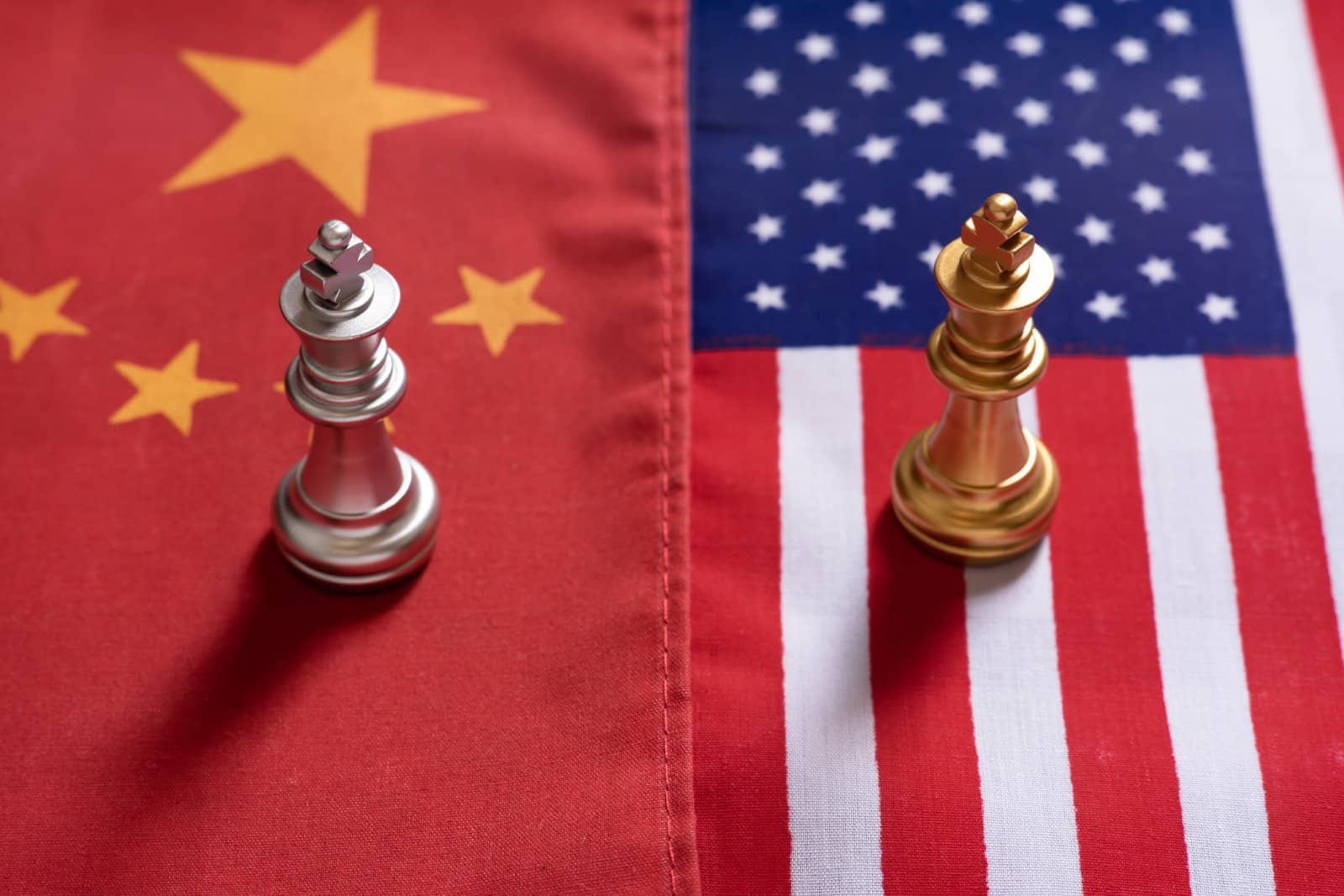
Image Credit: Shutterstock / fukomuffin
In his statement, Biden said, “China is determined to dominate the future of the auto market, including by using unfair practices.”
Not on Biden’s Watch
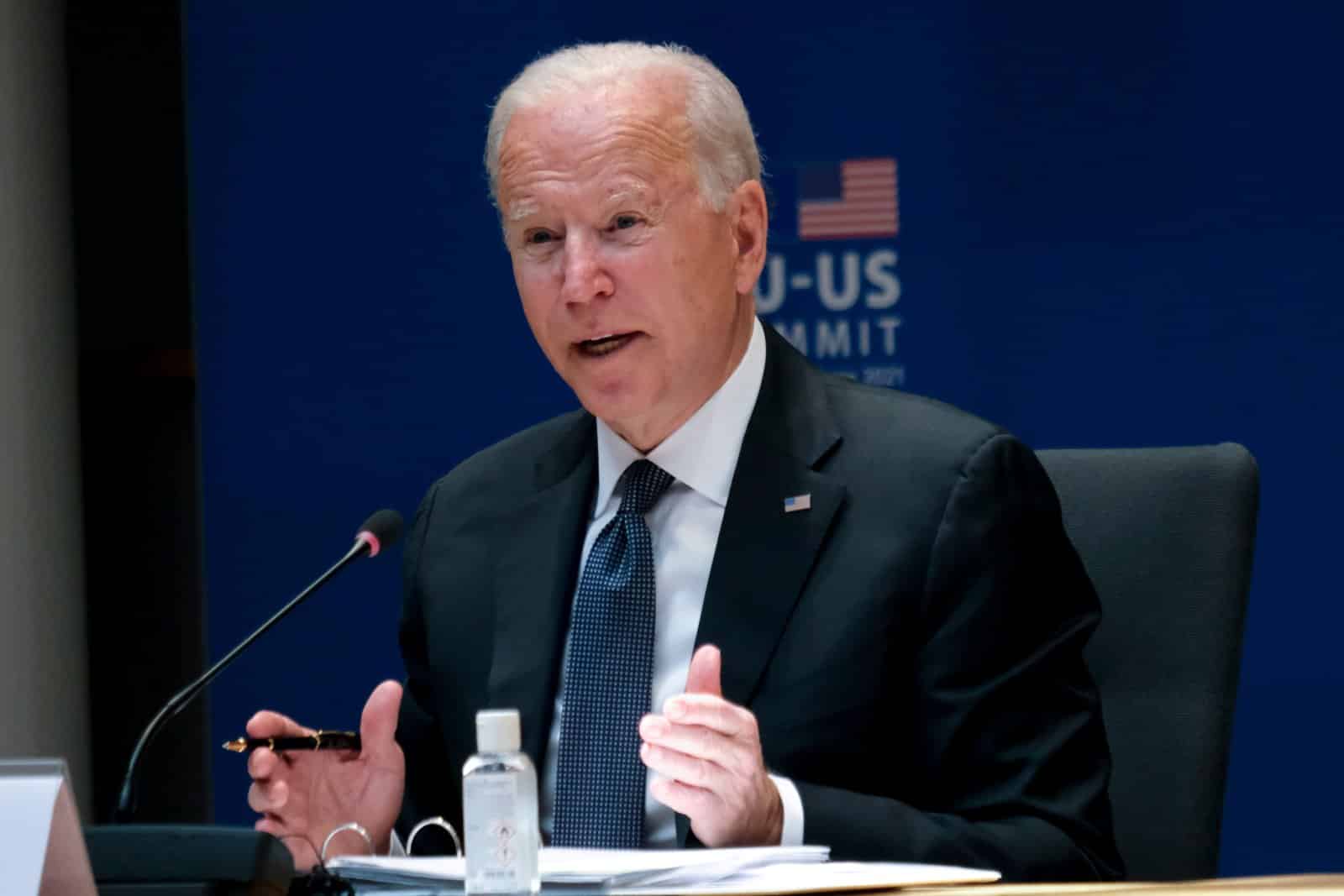
Image Credit: Shutterstock / Alexandros Michailidis
In order to further his point, Biden continued said, “China’s policies could flood our market with its vehicles, posing risks to our national security. I’m not going to let that happen on my watch.”
Regulatory Measures and Restrictions

Image Credit: Shutterstock / Salivanchuk Semen
This investigation may lead to new regulations or restrictions on the technology used by Chinese cars and may spill over to other countries considered threats, including Russia and Iran.
Leading the Investigation

Image Credit: Shutterstock / Gorodenkoff
The U.S. investigation, which is led by the U.S. Commerce Department’s Bureau of Industry and Security, seeks industry and public input on the risks and potential steps for mitigation.
Industry and Public Consultation

Image Credit: Shutterstock / PV productions
The department invites input from the automobile industry and the public to understand the nature of the risks that come with connected vehicles.
The Goal of the Approach

Image Credit: Shutterstock / Ground Picture
The approach that has been laid out seems to be intended to frame well-informed, targeted regulation balancing security concerns with the need not to unduly hamstring technological development or market activity.
Overall Concerns
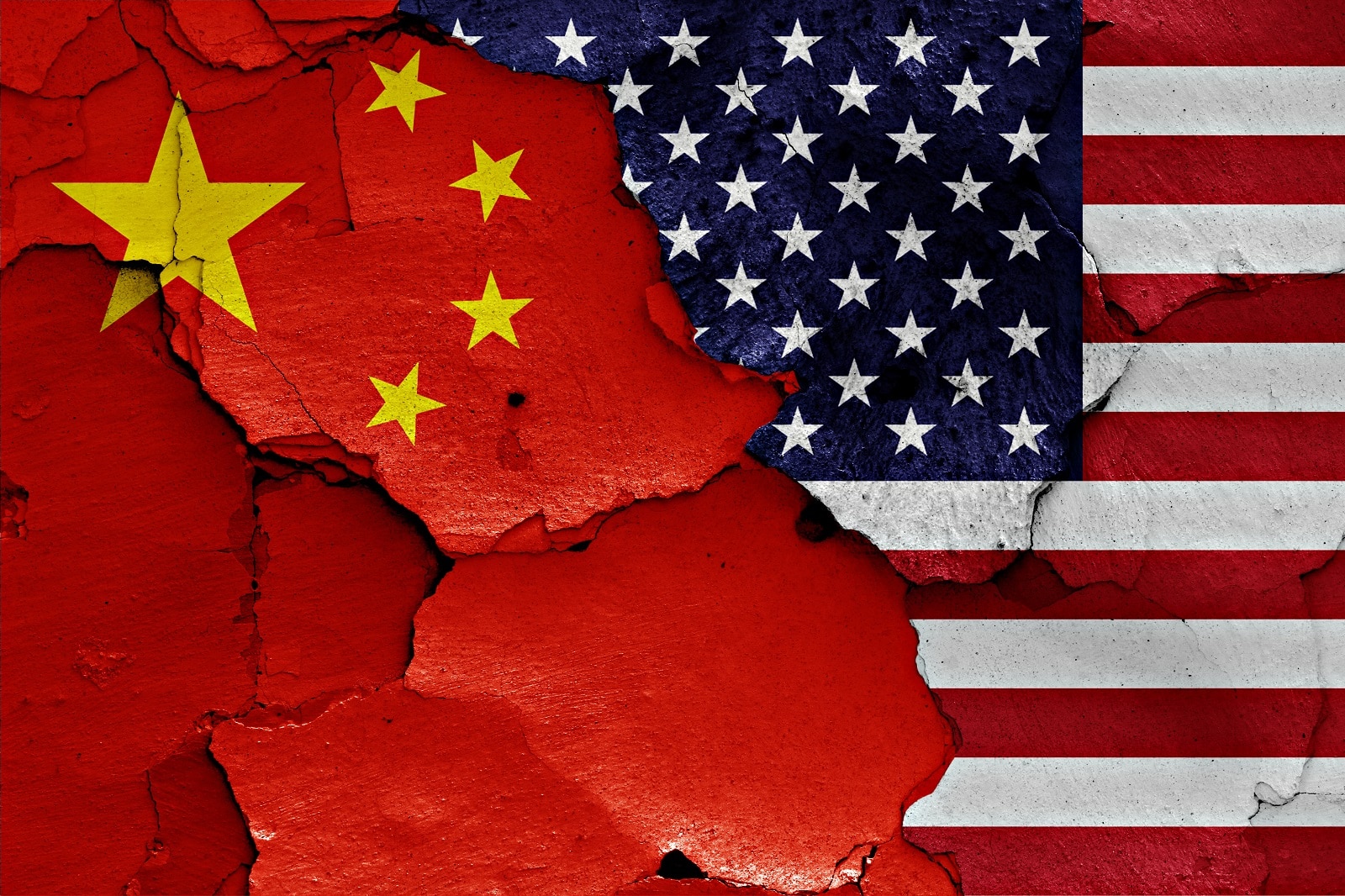
Image Credit: Shutterstock / danielo
The investigation and situation as a whole reflect a broader concern over the competitive and security challenges that China poses in the automotive and technology space going forward.
Existing Tariffs
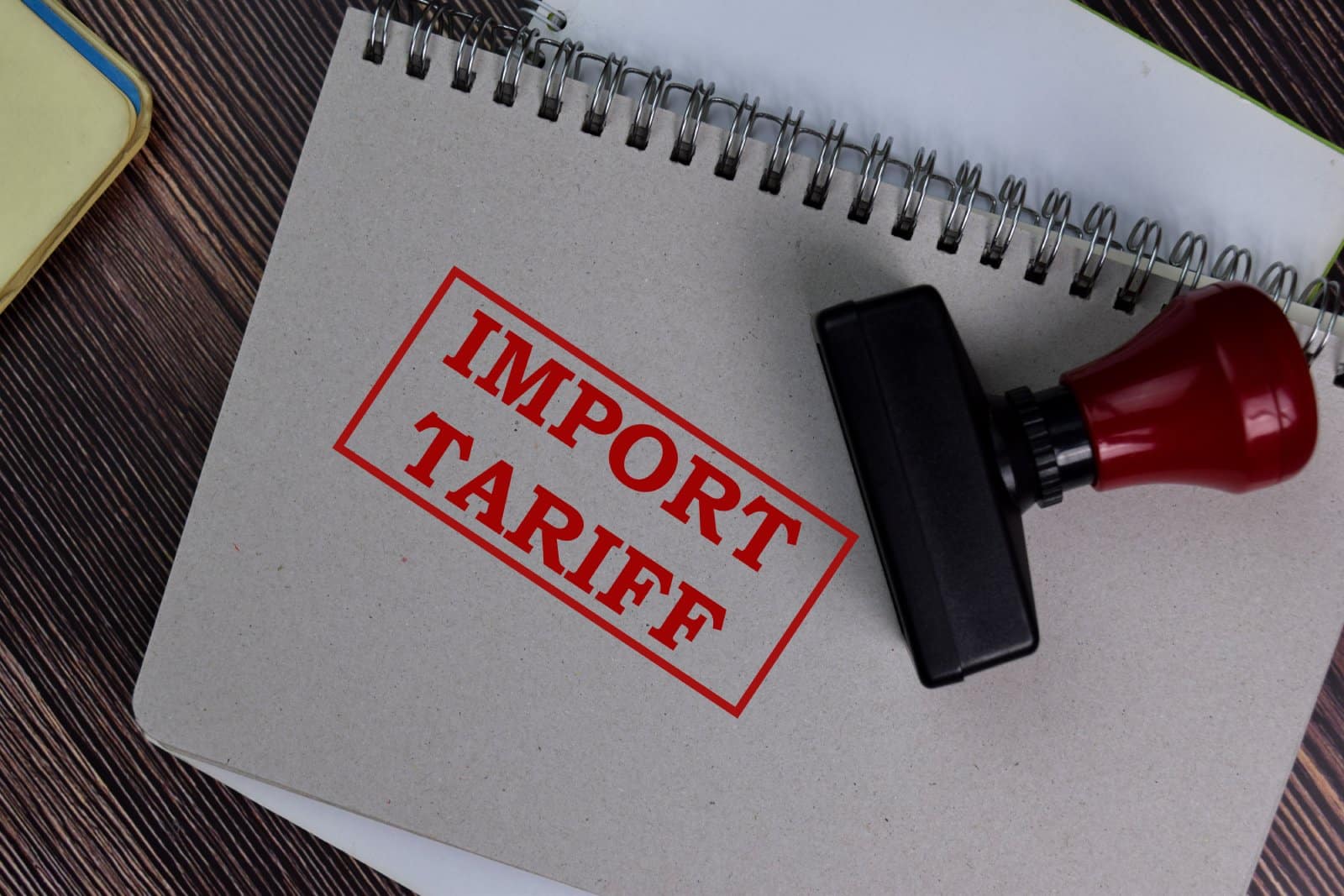
Image Credit: Shutterstock / bangoland
There are already existing tariffs on Chinese-made vehicles and strategic actions of Chinese companies that have been adopted in order to circumvent such tariffs, such as the establishment of assembly plants in neighboring countries.
Reaction From China and Stakeholders

Image Credit: Shutterstock / metamorworks
The Chinese government and some key stakeholders in the country have reacted to the U.S.’s move by claiming it to be unjust. They believe that it is not right to isolate cars from certain nations.
Industry Groups

Image Credit: Shutterstock / fizkes
In the meantime, the U.S. auto sector-level industry groups, having represented the U.S. auto sector, support the administration’s aims to add restrictions to foreign electric vehicles.
However, the U.S. auto industry groups have also cautioned a need for balance so that these new regulations don’t harm advanced vehicle safety technologies and low-risk transactions.
Broader Strategic Context
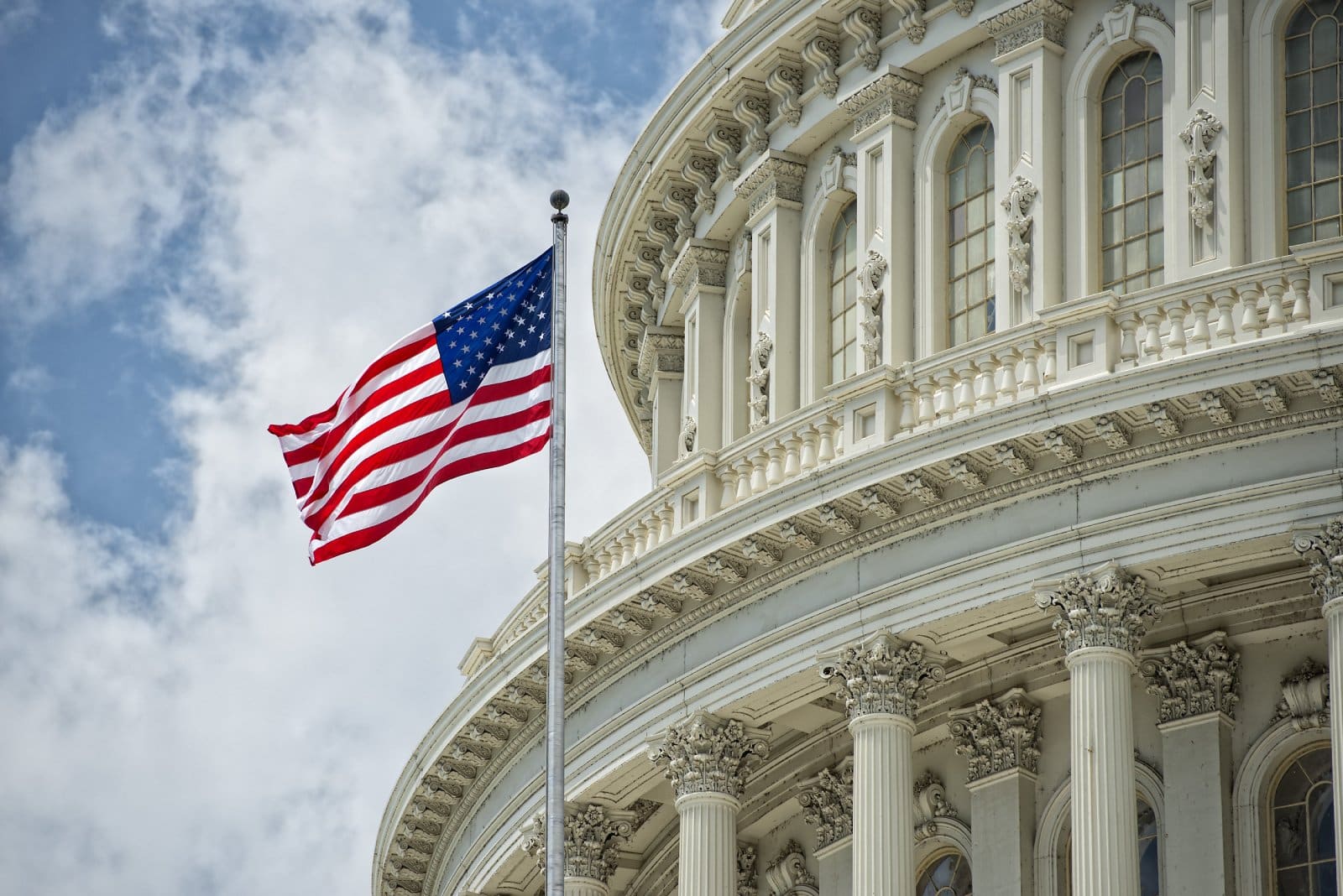
Image Credit: Shutterstock / Andrea Izzotti
This is in a broader view as part of the U.S. national security from foreign threats, and that includes actions against Chinese telecom companies and efforts to reduce US reliance on China for electric vehicle (EV) batteries and supply chains.
The post – Biden Targets Chinese Smart Cars in New Espionage Investigation – first appeared on Mechanic Insider.
Featured Image Credit: Shutterstock / Oscar Ivan Lopez.
For transparency, this content was partly developed with AI assistance and carefully curated by an experienced editor to be informative and ensure accuracy.
